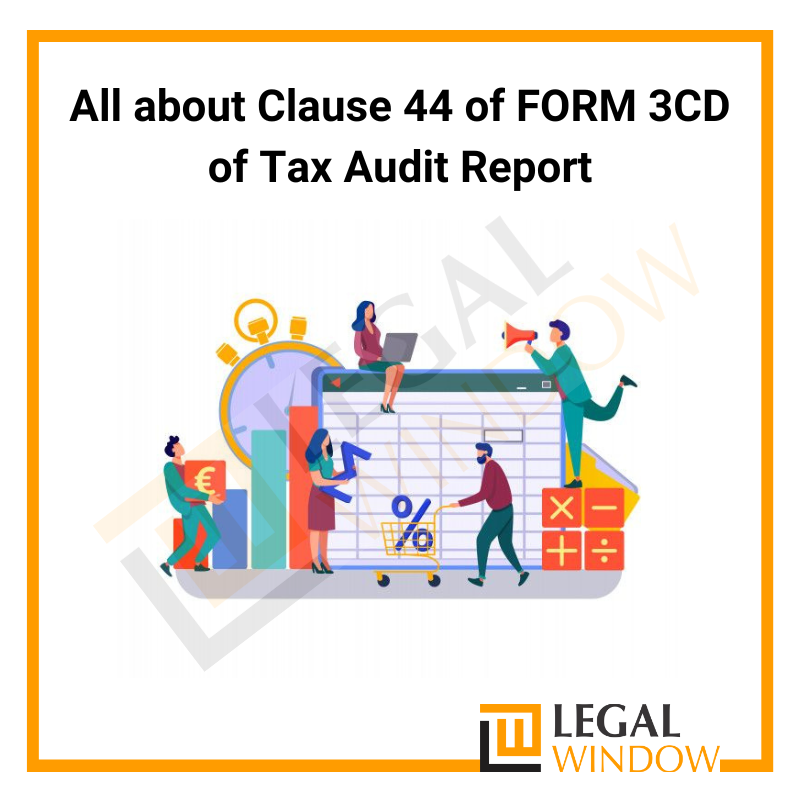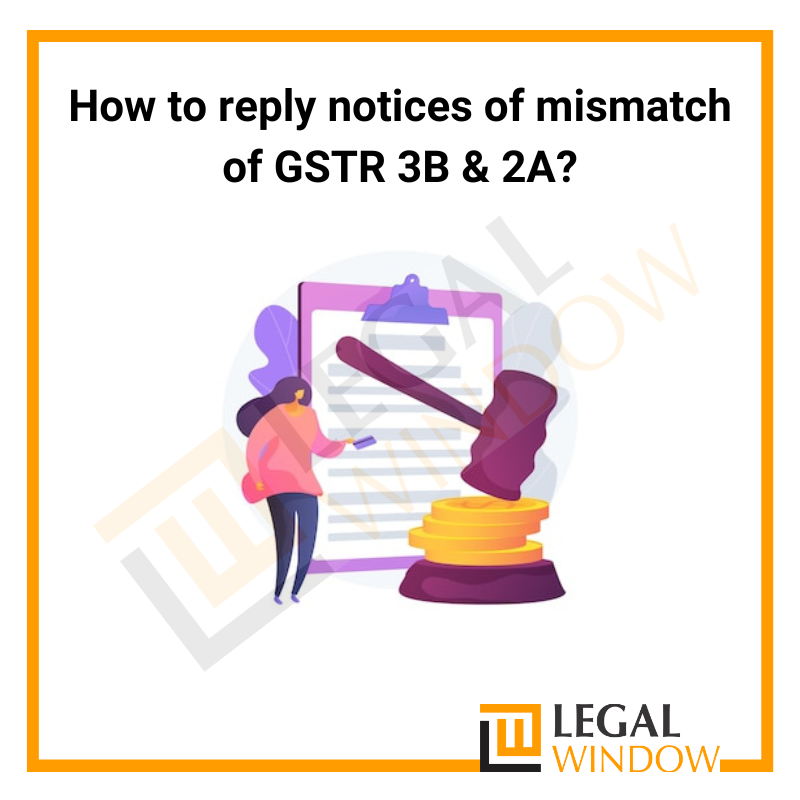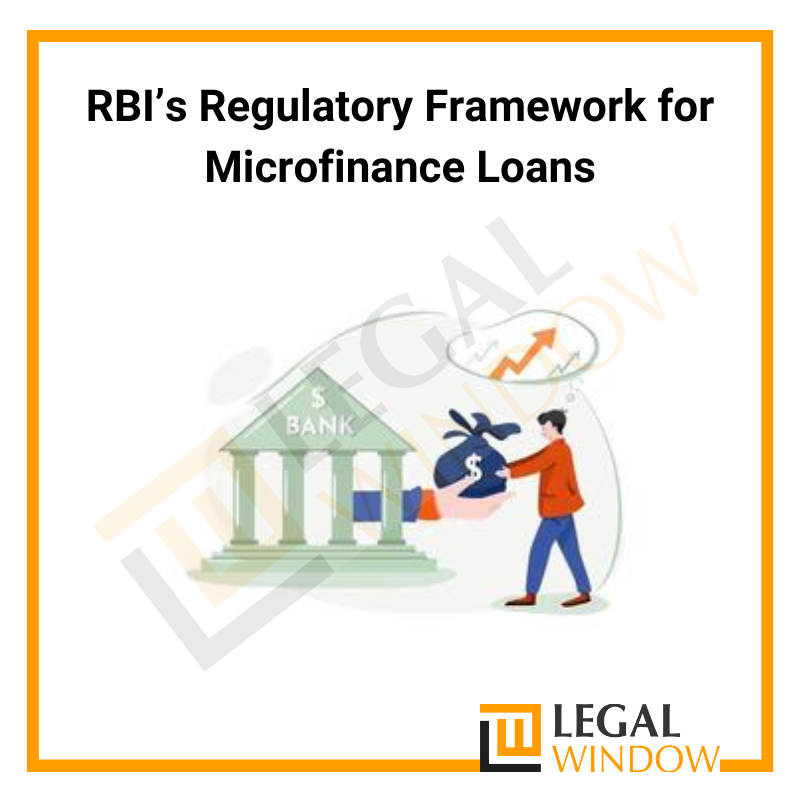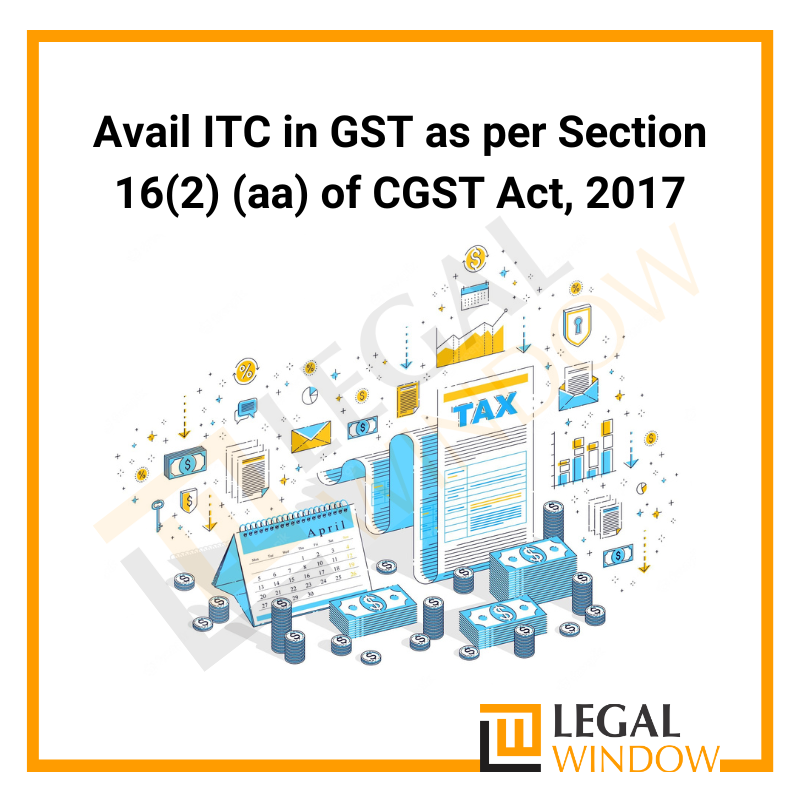Latest Post and Updates

An auditor should utilize Form 3CD when examining the financial records of taxpayers who are the subject of tax audits. According to the Income Tax Act, 1961 regulations, a Chartered Accountant must provide an audit report in the required format. The objective of this article is to provide a brief…
The Companies Act, 2013 was enacted to encourage businesses to adopt the "Jet Set Go" philosophy, with compliance and openness being crucial. Among the various difficulties addressed by this legislation, there has been a revolution in Related Party Transactions, a word that has made all businesses uncomfortable for many years due…
The Ministry of Corporate Affairs (MCA) has notified an amendment for a situation when a person who belongs to a neighboring land border sharing country seeks an appointment in an Indian company as a Director or demands obtaining a Director Identification Number (DIN). The Companies Act, 2013 was passed with…
The Indian rupee has come under intense selling pressure in recent weeks amid a perfect storm of global headwinds that analysts say will continue to batter the currency in the coming months. It has already tested record lows twice in July, falling more than 80 to the greenback, only to…
Even after four years of GST implementation and over a thousand notifications and circulars, we continue to encounter several issues with GST on-site maintenance and department operations. Businesses and professionals encounter several challenges as a result of issues and constant change. It is terrible that even after four years; we…
It is crucial to adhere to secretarial standards in the meeting's processes and in topics related to them since company law provisions are growing stricter and ROCs are being more vigilant. Secretarial Standard 1 serves as a reference for conducting the Board Meeting in accordance with the Company Act, 2013…
The Companies Act, 2013 (the Act) emphasizes flexibility and rigidity in the composition of the board of directors (boards). Flexibility hereby refers to the mandatory inclusion of rotating directors in the board of directors and Rigidity ensures the inclusion of non-rotating directors in the board of directors. The mentioned combination…
The Reserve Bank of India has directed regulated entities (REs) lending to the microfinance sector to ensure that loans are unsecured and not secured by a lien on the borrower's deposit account, that repayments are capped, that interest rates are not usurious, and that there is no penalty for payment…
The Reserve Bank of India (RBI) regulates the purchase and acquisition of immovable property in India by non-residents under the Foreign Exchange Management Act (FEMA). An Indian citizen residing outside India as per FEMA is an NRI (Non-Resident Indian) while a non-Indian citizen who or whose parents or grandparents were…
Businesses must claim Input Tax Credit (ITC) that shows only in GSTR-2B from January 1, 2022. As a result, Rule 36(4) of the CGST Rules is rendered obsolete, and the new clause (aa) under Section 16(2) takes effect. This article goes into depth regarding the shift, how it affects businesses,…
Categories
- Agreement Drafting (23)
- Annual Compliance (13)
- Change in Business (37)
- Company Law (150)
- Compliance (90)
- Digital Banking (3)
- Drug License (4)
- FEMA (17)
- Finance Company (42)
- Foreign Taxation (9)
- FSSAI License/Registration (15)
- GST (124)
- Hallmark Registration (1)
- Income Tax (214)
- Latest News (36)
- Miscellaneous (170)
- NBFC Registration (8)
- NGO (18)
- SEBI Registration (6)
- Section 8 Company (10)
- Start and manage a business (27)
- Startup/ Registration (134)
- Trademark Registration/IPR (48)










